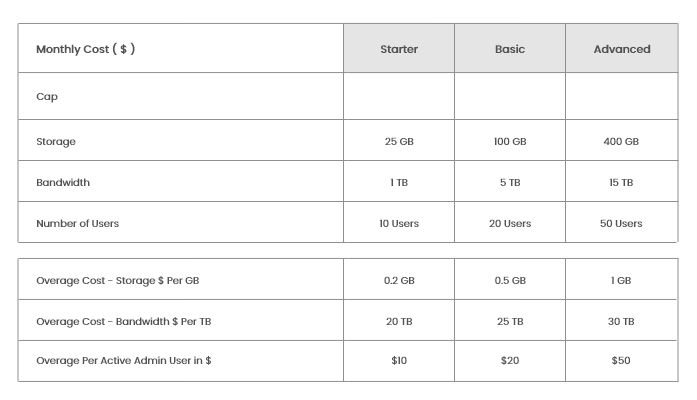



Is Keyword Density A Google Ranking Factor?
Find out if keyword density affects ranking here…
For a long time, keyword density was thought to be a ranking factor.
Some consider it an important piece of the SEO puzzle for achieving a Page 1 ranking in Google.
Why is it so well-liked?
We all know how important keywords are to Google. When the words do not appear in the on-page text, it is difficult to rank content for a specific term.
Some SEO tool companies contribute to the belief that there is an ideal keyword-to-copy ratio that will maximize the chances of earning high rankings.
It's time to look into the evidence for the claims that keyword density affects ranking.
The Claim: Keyword Density Influences Ranking
First and foremost, what is keyword density?
The number of times a term or phrase appears in relation to the amount of text on the page is referred to as keyword density.
It is calculated by multiplying the number of keywords by the total number of words on the page by 100.
If a keyword appears 26 times in a 1,000-word article, it has a keyword density of 2.6%.
There are numerous claims regarding the "best" keyword density to strive for. It's possible to hear 2%, 5%, or even 10%.
So, what makes people think keyword density is a ranking factor?
Unlike other ranking factor myths, this one is founded on reality: keyword density was once a real thing. But we're talking about the early days of the search.
Nonetheless, the notion lives on. Why? The reasoning goes as follows:
Keywords inform Google about the types of queries for which a page should appear.
If there are too few keywords, Google may not understand what the page is about.
If too many keywords are used, Google may interpret this as an attempt to manipulate search rankings, which it does not tolerate.
As a result, some people believe that there is a "just right" keyword density - a happy medium between using too many and too few keywords.
There is, however, no magic number that will produce the best results for everyone. That is not how Google operates today.
The truth is straightforward: while using keywords is important, exceeding a certain ratio will not help your SEO efforts.
In fact, a webpage can rank for a keyword that never appears on that page. This effectively destroys the concept of keyword density.
The Evidence for Keyword Density as a Ranking Factor
To answer the question of whether keyword density is a Google ranking factor, we'll look at an official Google video from 2011, which is still relevant today.
Matt Cutts, who worked for Google from 2000 to 2015, is featured in the video. He led Google's webspam team and served as a go-between for the company and the SEO community.
Google's Cutts confirmed that there is no ideal keyword density. He believes that overusing a keyword can cause more harm than good.
Mentioning a keyword a few times can help with rankings, but any more than that may be considered keyword stuffing by Google.
"Once you start mentioning it a lot, it doesn't really help that much more." There will be diminishing returns. It's just an incremental benefit, but it's not that significant. And then you'll discover that if you keep repeating things over and over, you'll end up with keyword stuffing, gibberish, and other such things.
So, absolutely, the first one or two times you mention a word that may help your rankings. However, just because you can say it seven or eight times does not guarantee that it will help your rankings."
What is the proper way to use keywords if keyword density isn't a ranking factor?
Once you've determined which keywords you want to use, Cutts suggests creating content that is long enough to incorporate those keywords naturally into the copy. When you're finished writing, read the content aloud and listen for anything that doesn't sound right.
If the copy sounds artificial, stilted, or like it was written by a robot, it's a good indication that the keyword was used too frequently. If it sounds natural, on the other hand, you're on the right track.
When possible, use synonyms to avoid using the same keyword repeatedly. In this text, for example, we could replace "keyword density" with "keyword frequency."
Synonyms are also an excellent way to keep a reader's attention and may even aid in ranking for other terms. Google understands synonyms, so a page can rank even if it isn't optimized for the exact term typed into the search bar.
Don't Get Preoccupied With Keyword Density
Cutts' advice was simple: stop worrying about keyword density. Be wary of anyone who claims otherwise.
"I wish people would stop obsessing over keyword density. It will fluctuate. It will differ depending on where you live and how other websites rank it.
It's not a hard and fast rule, and anyone who tells you there is should be cautious because they could be selling you keyword density software or something similar."
Opinion on Keyword Density as a Ranking Factor
At one point, keyword density may have worked. Ask any seasoned SEO professional, and you'll hear plenty of anecdotal evidence that keyword density worked - and worked well.
But what about today?
Keyword density is simply not something to be concerned about. You're fine as long as you use the word or phrase a few times, as you would if you weren't aiming for a specific ratio.
Use the keyword at the very least in the page title, meta description, and first paragraph. Then, only use it a few more times throughout the copy.
Because keyword density is not a ranking factor, there is no ideal percentage of keywords to use.
Hocalwire CMS handles the technical parts of keeping Large Sitemap, Indexing pages for Google, Optimizing page load times, Maintaining assets and file systems, and Warning for broken links and pages while you handle all these non-technical components of SEO for Enterprise sites. If you're searching for an enterprise-grade content management system, these are significant value adds. To learn more, Get a Free Demo of Hocalwire CMS.

